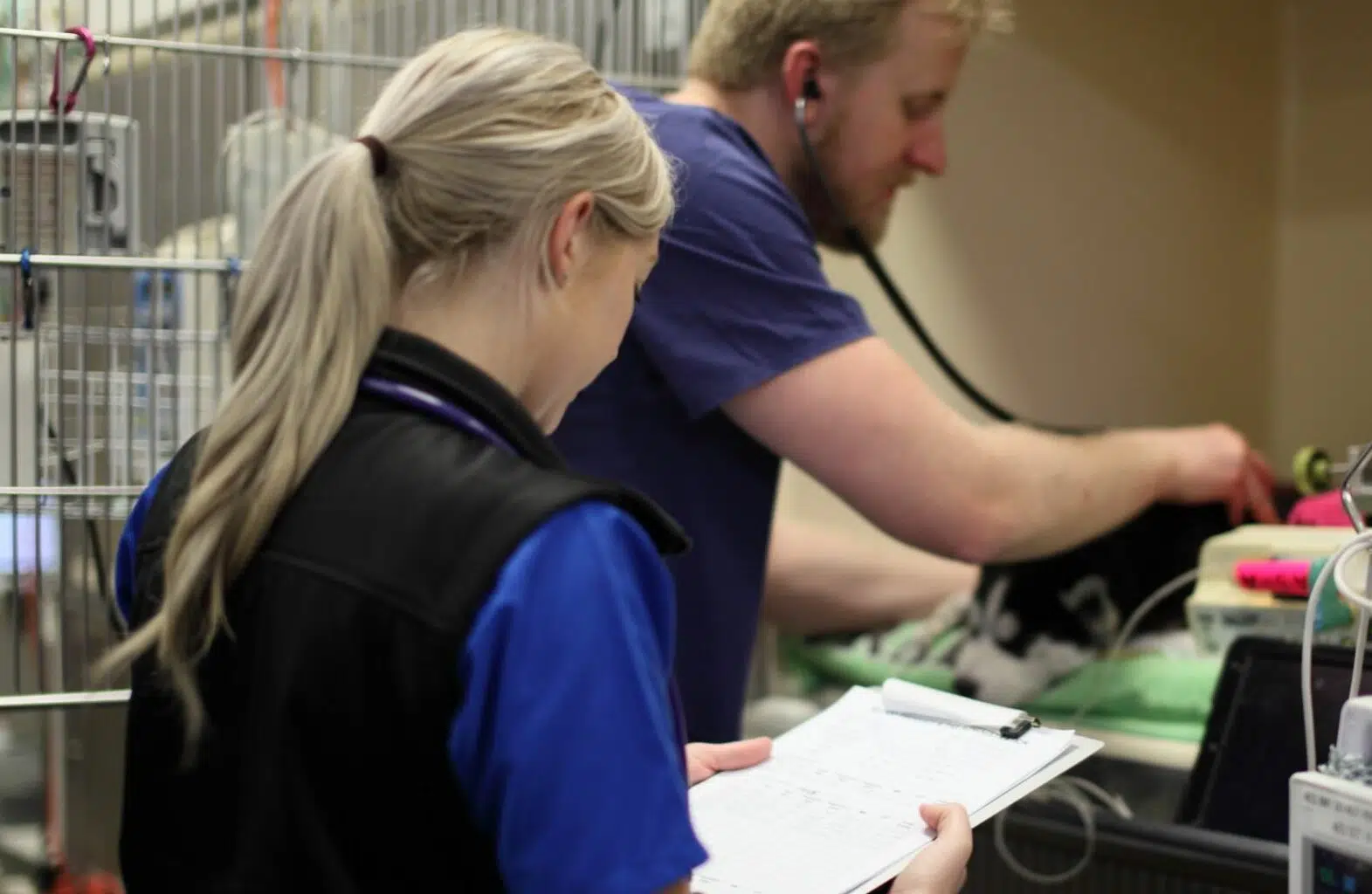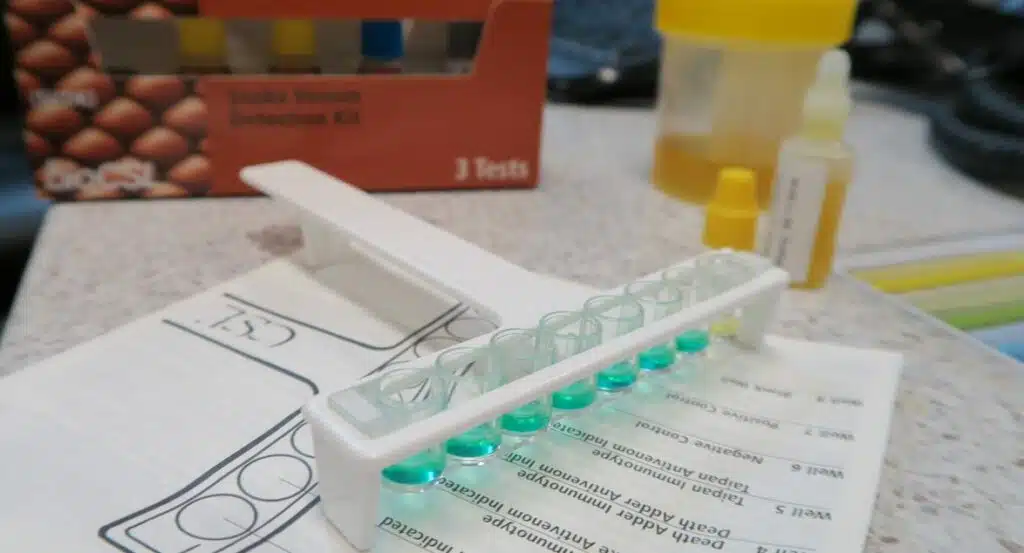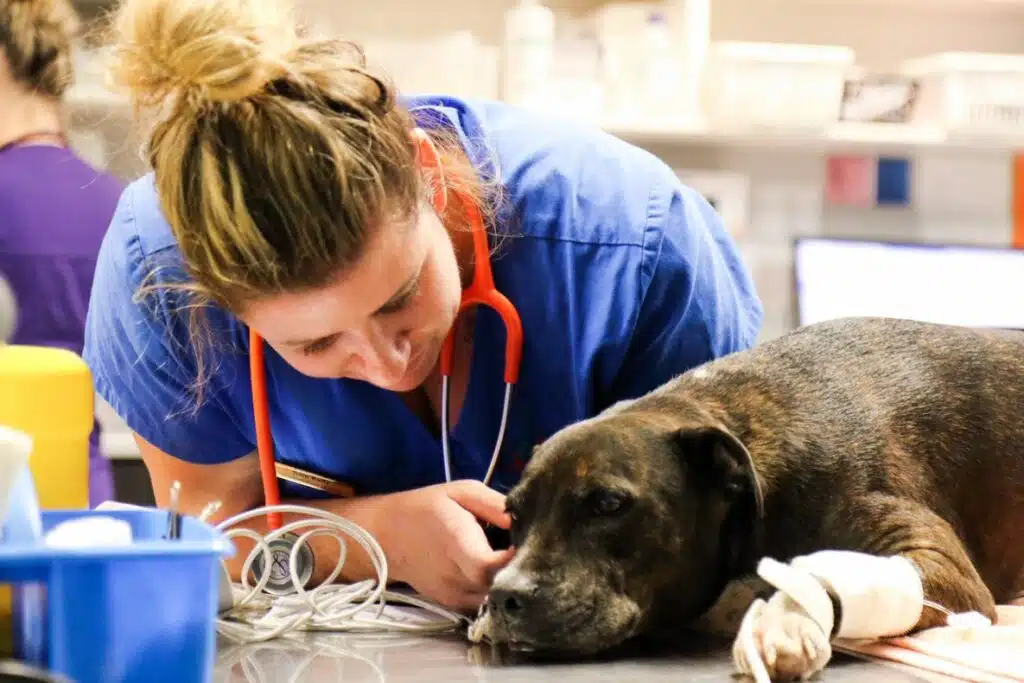As veterinarians and vet nurses, our roles are critical in ensuring that all pets, from the moment they walk into the clinic for the very first time, grow up and lead long healthy lives. We also experience the sheer satisfaction of saving critically ill pets, or discovering treatable illnesses before it’s too late. But there is also the dark side of veterinary practice – it can be a frustrating and thankless job. When the bad days start to outnumber the good days, it can be hard to keep your motivation up and remember why you are doing this job.
And while annoyances and frustrations occur in any job, once they become too frequent, your dream job can turn into a nightmare. But how do you know when it’s time for a new veterinary job? There are some little-known signs to look for.
Signs it’s time to look for a new veterinary job
If you find yourself saying yes to any of the following questions, it might be time to start looking for a new job within the industry.
Lack of opportunity to grow
Veterinary medicine is constantly changing – whether it’s new treatments, surgical methods, medications, or diagnostic tools. And while it’s our responsibility to advance our medical knowledge and skills, no matter how much continuing education you do will make no difference if you are in a practice resistant to growth.
Your growth can be stifled in one or two ways: by your employer or by your clients. If your employer resists change or is unwilling to adopt new advances within veterinary medicine, you’ll find yourself stuck in the past, not to mention stuck in a rut doing the same thing day-in and day-out. If your employer is also unsupportive of your own continued learning, it may be a sign to look for new opportunities.p
Your clients can also impede your professional development. Having a clientele who are unwilling to try new or advanced treatments can find you stalling in your career. In this scenario you may struggle to gain and develop new skills.
Patient care is compromised
Within veterinary clinics and hospitals, it is vital we depend on each other – veterinarians, vet nurses, vet technicians, client care teams, and management – to provide quality care as well as clear messages and instructions to owners. Should anything go awry either from incorrect follow-through or no support, your job and professional reputation could be called into question.
If you find your patients aren’t receiving the high standard of care you expect from yourself and your colleagues, it may be time to start looking for another job.
Toxic culture
As sad as it is to say, toxic workplace culture is all too common no matter what industry you work in. Below are just a few behaviours that can signal a toxic environment:
- Snide remarks
- Destructive critixism
- Narcissistic leadership
- Cliques, gossip, and rumours
- Bullying, harassment, and hostility
- Lack of or negative communication
- Non-inclusive
- Disrespectful behaviour
- Unethical behaviour
- Cutthroat or backstabbing behaviour
- Lack of enthusiasm towards work
Not only can these behaviours drain you mentally and emotionally, they can even affect your physical health, resulting in insomnia and headaches. These poor environments can also put your patients at risk, by making you doubt your clinical knowledge and skills.
If you are currently working in a toxic environment, talk to your manager about your concerns and help brainstorm solutions for improving the culture. However, if your clinic won’t address your concerns or is unsuccessful in making improvements to the culture it is time to start looking for a new job with a healthy culture.
You start daydreaming
Do you find yourself daydreaming at work? Do you spend time thinking of other things you could be doing? Do you often think about chucking a sickie? Do you find it takes you hours to get rid of a bad feeling after work? These are all potential signs of being burnt out or no longer enjoying your work.
As a first step, talk to your manager about how you are feeling and how you could better enjoy your job. There may be some simple changes that could greatly improve your job satisfaction. However, if these changes don’t help or no changes can be made, it may be worth pursuing those daydreams of a new job.
Your skills are needed elsewhere
Not every veterinary clinic or hospital you work at will be the best place you ever work. And even if your clinic has a great team, great equipment, and great growth opportunities, it doesn’t necessarily mean it will be the right fit for you.
As we all know, our industry is facing a veterinarian shortage. The good news for you is there is a demand for your skills and if you are looking to make a change, you shouldn’t have any major trouble in finding a job that’s a better fit for you.
If you are unsure what your next career step should be, consider working as a locum vet for a short while. This will give you time to reinvigorate your veterinary passion, as well as giving you the opportunity to work in a variety of different clinics and hospitals. Time as a locum vet will allow you to find the kind of culture and practice that best suits you.
You deserve to be happy
Most importantly, you deserve to be happy. As a challenging profession already, don’t make it worse by staying in a job that isn’t right for you. While you might be avoiding changing jobs out of a sense of loyalty, it is important to put yourself first for your own professional development and wellbeing.
So, maybe it’s time to change jobs and find a place that make you happy – remember, you deserve it!




